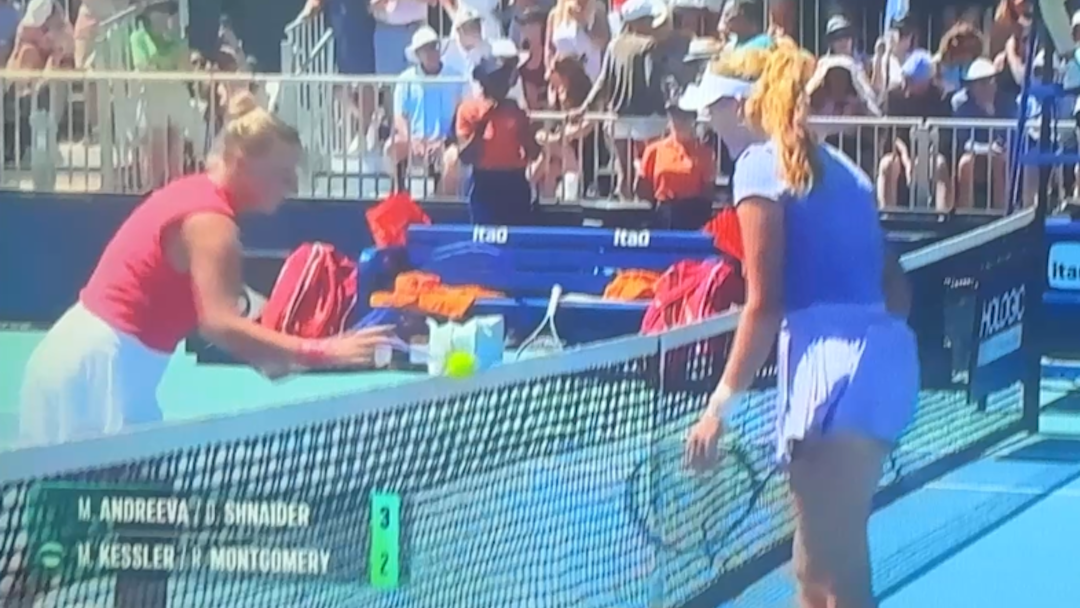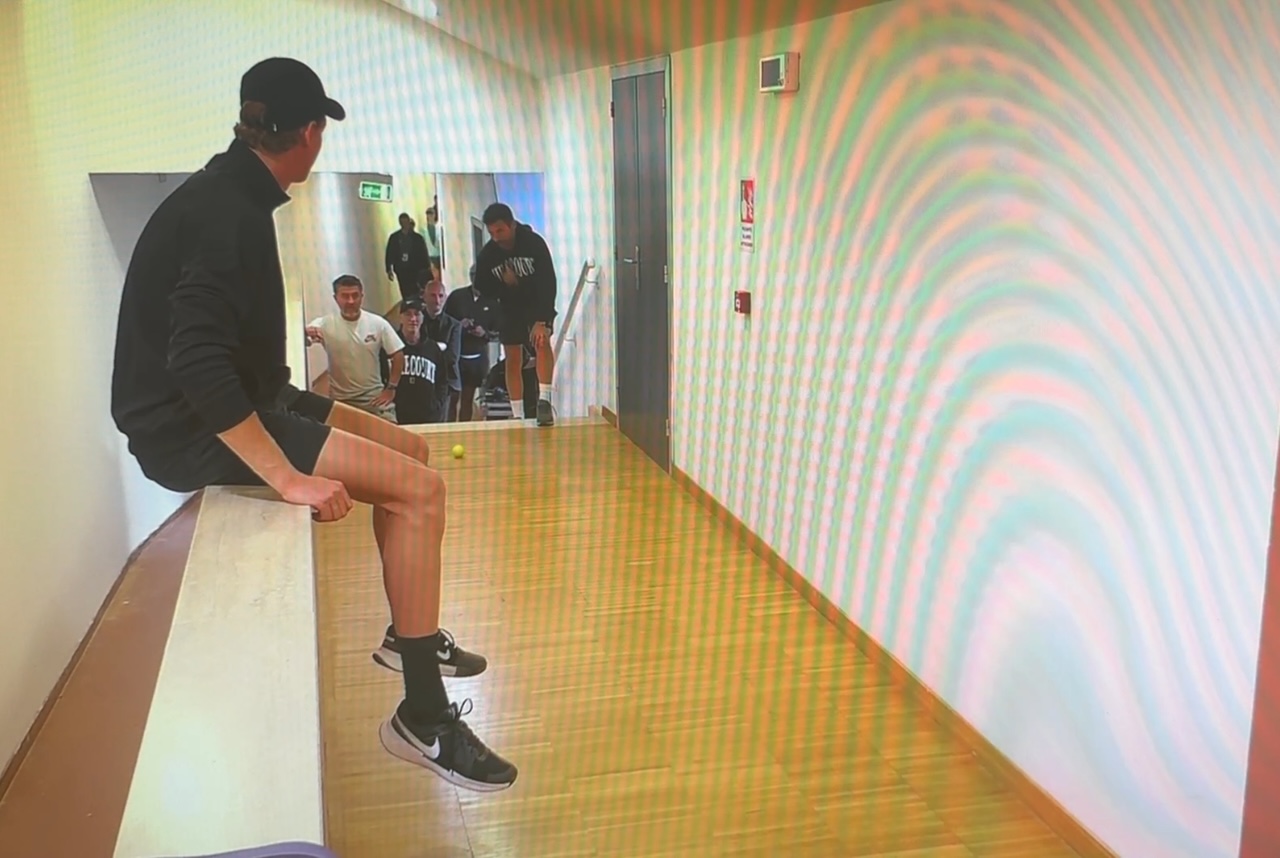I got called out after last weekend’s “Suspension Points Crime and Punishment” post by a knowledgeable person over my assertion that there is a gap in the current system. Specifically, I claimed that tanking matches for NTRP rating management purposes is not explicitly prohibited in the Suspension Point penalty tables. I stand corrected. Sort of.
Here is the full text where it appears within those tables. Tanking is listed within a ridiculous and eclectic collection of actions that could indeed result in Suspension Points. In fact, this particular cell in the table will likely be revisited by this site in the near future.
Unsportsmanlike Conduct/Violations of The Code or inappropriate conduct (e.g., intentional/retaliatory bad line calls, refusing to call out the score, “quick” serving, stalling, feinting, grunting, tanking/not using best efforts to win; obscene/profane language or gestures)
USTA Suspension Point System 2023 (Excerpt)
I feel like I can be forgiven for overlooking this mention of tanking. The USTA takes that infraction so seriously that it ranks right between “grunting” and “obscene/profane language” in the list. In related news, I just found out that a player can theoretically earn Suspension Points for grunting. I am guessing that provision is enforced about as frequently as tanking is. That is to say, approximately never.
This is yet another example to consider whether the punishment fits the crime. Let’s examine the wildly unlikely scenario of Suspension Points actually being issued against a player who is found to have tanked a match. According to the table, between 2-4 Suspension Points can be levied against both the player and the Captain.
An initial player suspension requires an accumulation of 10 Suspension Points. That means that a player could blatantly tank three matches and receive three Suspension Points for each infraction without incurring an actual suspension. That is not a penalty.
The challenge for the USTA is that proving a player tanked a match is next to impossible to substantiate. From a practical standpoint, there is little that the USTA can do to penalize the people who perpetrate individual infractions. Even if the organization took the inadvisable route of going after players for tanking, I am firmly convinced that first-time offenders and innocent bystanders would be caught up in the dragnet more frequently than the habitual ones.
While individual instances of match tanking are problematic, broader patterns of systemic manipulation are more readily apparent. A Captain with a roster of players who are world beaters in the advancing spring Leagues, who collectively cannot win a match in the non-advancing fall season year after year, is a statisically clear pattern of abuse.
On the other hand, linking the match performance of any specific player to a particular Captain is also problematic. With multiple Leagues and flights with different Captains, who is to say which one might be influencing unethical player performance.
However, there is still significant room for the USTA to take a firmer stand. Listing tanking within a laundry list of violations that the organization has no intention of penalizing feels like a cop-out. Even though it is unenforceable, the idea that tanking matches for NTRP ratings manipulation is wrong must be more prominently stated within the standards.
Listing tanking alongside grunting doesn’t do it for me. Celebrating and congratulating those teams for winning Sectional and National Championships on social media is the opposite of discouraging that practice.
The only real way for the USTA to eradicate this behavior is to eliminate the aspects of USTA League that incentivize some Captains and players to behave unethically. Unfortunately, that would require a complete overhaul of the USTA League system. There isn’t much of an appetite for that either.
- USTA League Suspension Point System 2023, USTA Resource Document, March 23, 2023.



